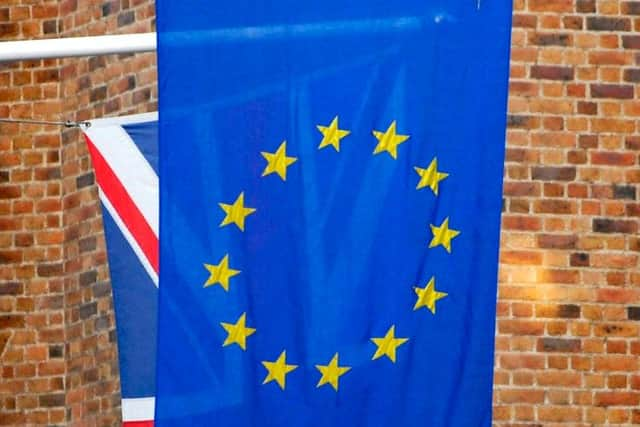700 from EU opt to live in Hartlepool


Home Office figures reveal that, by the end of September, some 700 people successfully applied to continue living in the area after December 31.
European Union nationals who wish to continue living in the UK must apply under the EU Settlement Scheme by June 30 2021.
Advertisement
Hide AdAdvertisement
Hide AdOf 690 applications dealt with in Hartlepool, 470 were granted settled status – having lived in the UK for over five years – and 210 were given pre-settled status, which allows them to remain for a further five years, with the option of later applying for settled status.
Around 10 applications were refused, withdrawn, or invalid.
The highest number of applications was submitted by residents from Poland (400), followed by people from Hungary, Lithuania and Romania (40 each) and Germany and Latvia (30 each).
There were under 10 applications from people who are not from the European Economic Area, but qualify for the scheme because they are family members of EU citizens living in the UK.
Nationally, 3.9 million applications have been made under the EU Settlement scheme since it was launched – with 56% of applicants receiving settled status and 41.6% pre-settled status.
Only 0.4% were refused.
Advertisement
Hide AdAdvertisement
Hide AdOxford University’s Migration Observatory and think tank British Future have warned that new immigration rules could hit social care and hospitality businesses.
Sunder Katwala, director of British Future, said new rules requiring immigrants to meet a £25,400 salary threshold may pose issues for some sectors, although foreign graduates will be allowed to work after they study.
He said: "Despite the additional bureaucratic processes and visa fees, EU migration will continue for graduate professionals in areas like law, science and academia.
"The Government has also committed to allowing the NHS to recruit the staff it needs – but has not done the same for social care.
Advertisement
Hide AdAdvertisement
Hide Ad"The most significant impacts are likely to be in social care and hospitality, for roles paying below those salary bands."
Madeleine Sumption, director of the Migration Observatory, said: "The UK has certainly become less attractive to EU migrants since the 2016 referendum and EU immigration has fallen substantially.”